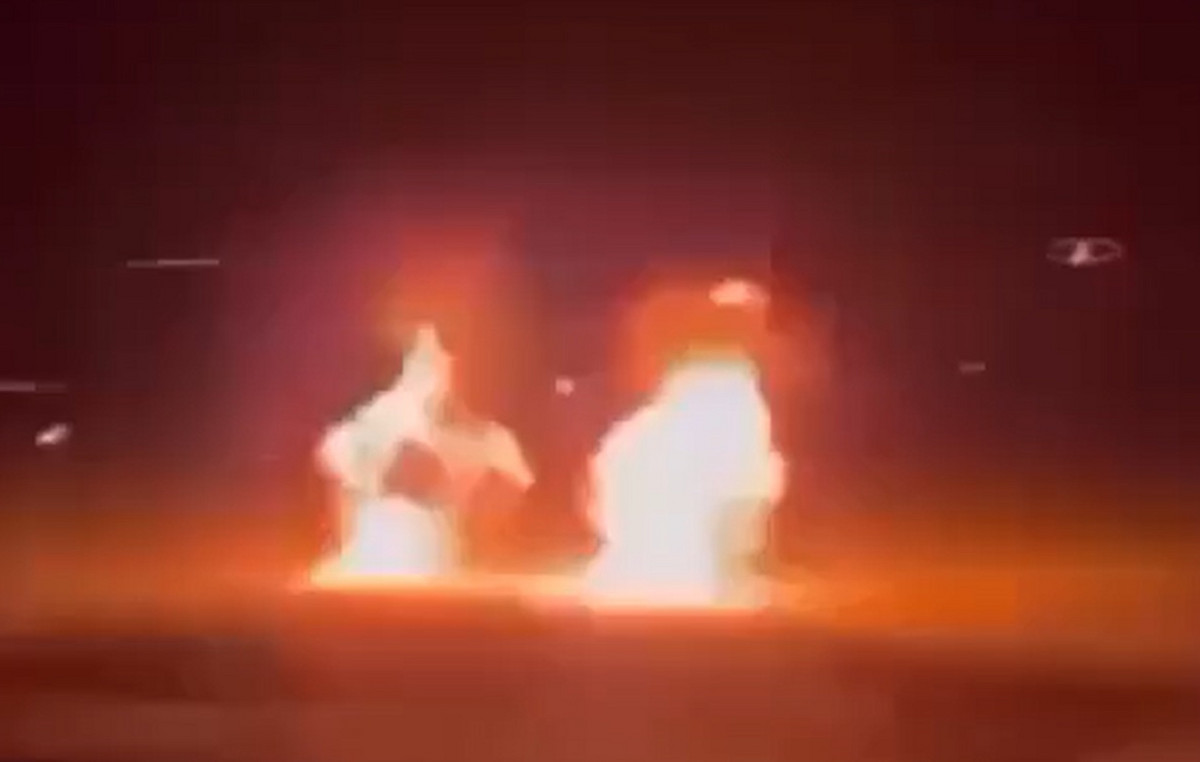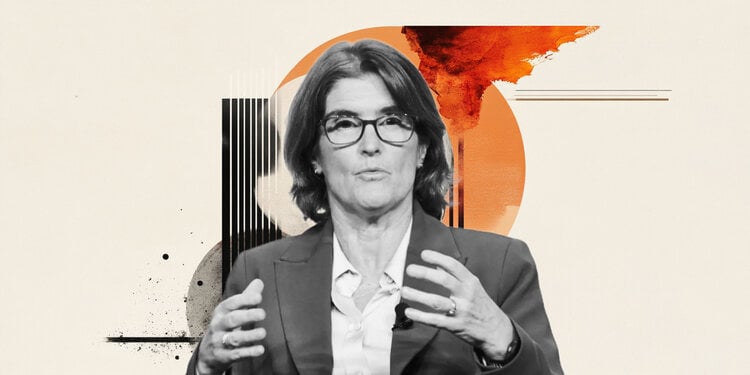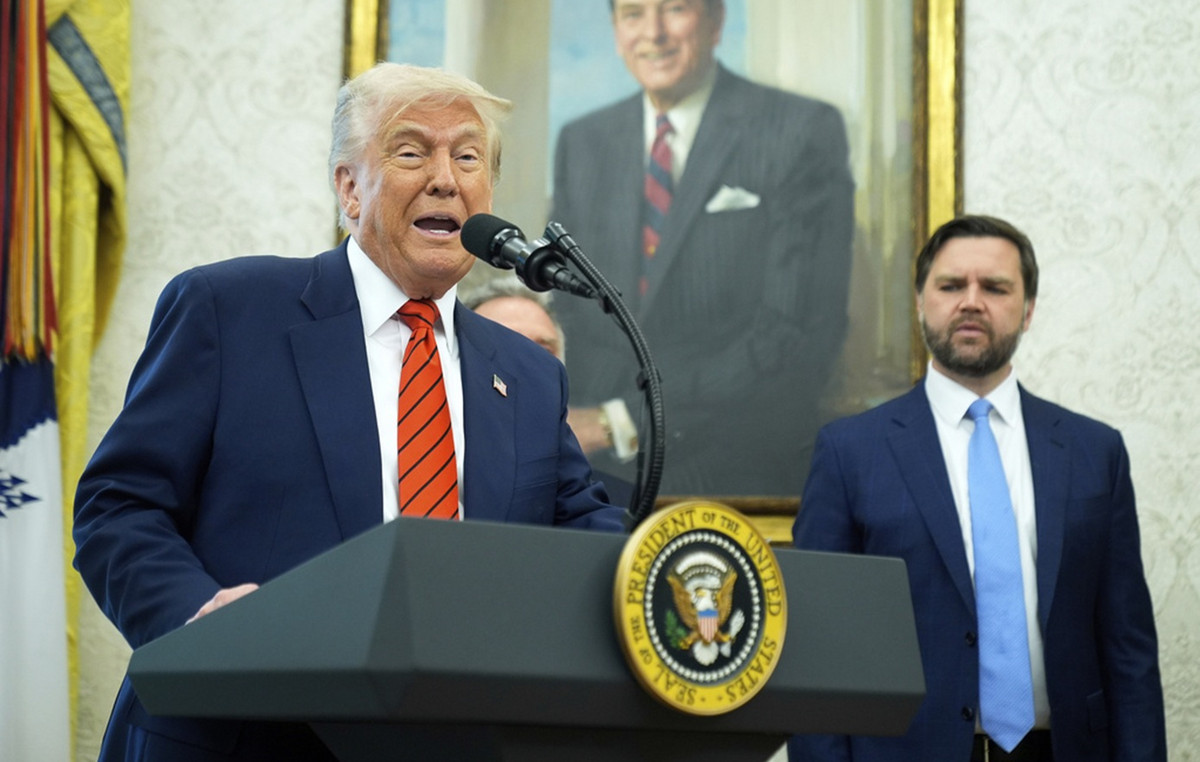Western powers and the main countries of the emerging world have completely different views on the war in Ukraine, which turns one year old this Friday (24th), and on the new geopolitical reality that derives from the conflict.
The difference in perceptions was exposed in a study recently released by the European Council for External Relations (ECFR), a “think tank” based in several European capitals.
The institute compared the feelings of citizens of the United States, the United Kingdom, nine countries of the European Union, China, India and Turkey about the war.
First clear difference: the majority of Americans, British and Europeans think that it is imperative for Ukraine to recover all its territories – even at the cost of a longer war or more deaths in the conflict.
Among emerging markets, the sentiment is the opposite. Indians (54%), Turks (48%) and Chinese (42%) prefer the war to end as quickly as possible – even with Ukraine ceding territory to Russia.
Second discrepancy: Russia is seen essentially as a “rival” or “adversary” by 77% in the UK, 70% in the US and 65% in the EU.
This opinion is largely in the minority in emerging countries, where the panorama changes. Russia is described as an “ally” or “necessary partner” by 80% in India, 79% in China and 69% in Turkey.
The survey heard 19,765 people between December last year and January this year, virtually or in person, depending on the country. Nine EU countries took part in the survey (Germany, Denmark, Spain, Estonia, France, Italy, Poland, Portugal and Romania).
There is a third “dip” in perceptions: the reasons why the United States and Europe sided with Ukraine in the war.
For Americans and Europeans, it is mostly about defending democracy and the territorial integrality of Ukrainians. For Orientals, the motivation is, above all, a defense of “Western dominance” and the fear of attacks on Western countries themselves in the future.
Finally, a difference about the new global order that derives from the war: Americans, British and Europeans believe that a bipolar world is emerging, divided into two large blocs, one led by the United States and the other under the influence of China. Emerging countries, on the other hand, see a scenario of multipolarity, fragmented, without a clear hegemony of the United States or China.
“The memory of the cold war defines the way Americans and Europeans see the future”, says an excerpt from the study. In other words, according to the work of the ECFR, it would be a fight between democracies and authoritarian regimes. Outside the western powers, however, the perception is different.
“The great emerging forces see themselves on the side of the West on some issues but not on others. In contrast to cold war times, today the biggest trading partners are often not the biggest partners in terms of security. Even when emerging countries agree with the West, they will often maintain good trade relations with Russia and China,” adds the study.
Then, in this context, Brazil is quoted: “This is also what Brazil is doing: President Lula speaks in favor of preserving the country’s neutrality vis-à-vis Ukraine and Russia, to avoid any participation, even indirect [na guerra]although he accepts that Russia has invaded its neighbour”.
Source: CNN Brasil
Bruce Belcher is a seasoned author with over 5 years of experience in world news. He writes for online news websites and provides in-depth analysis on the world stock market. Bruce is known for his insightful perspectives and commitment to keeping the public informed.







